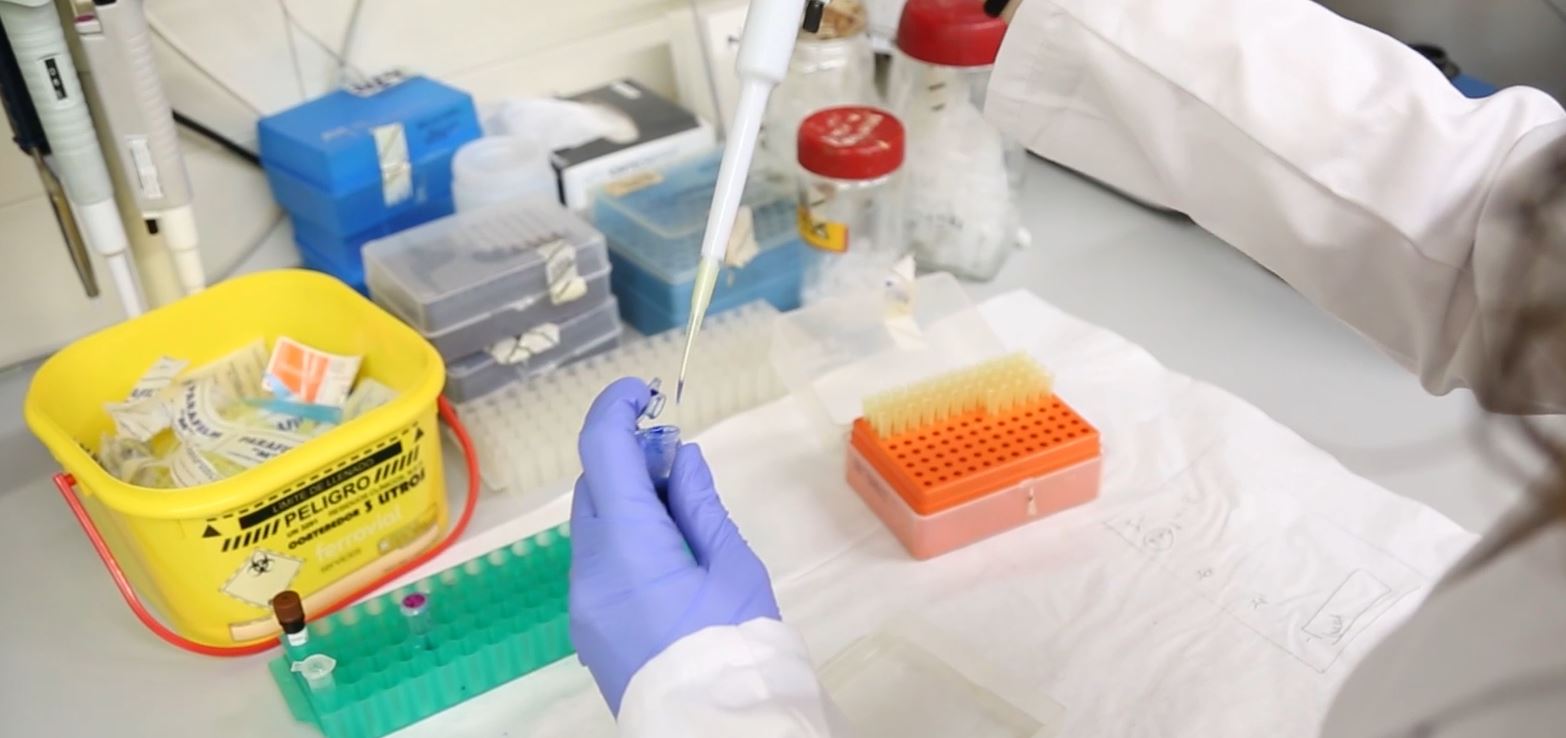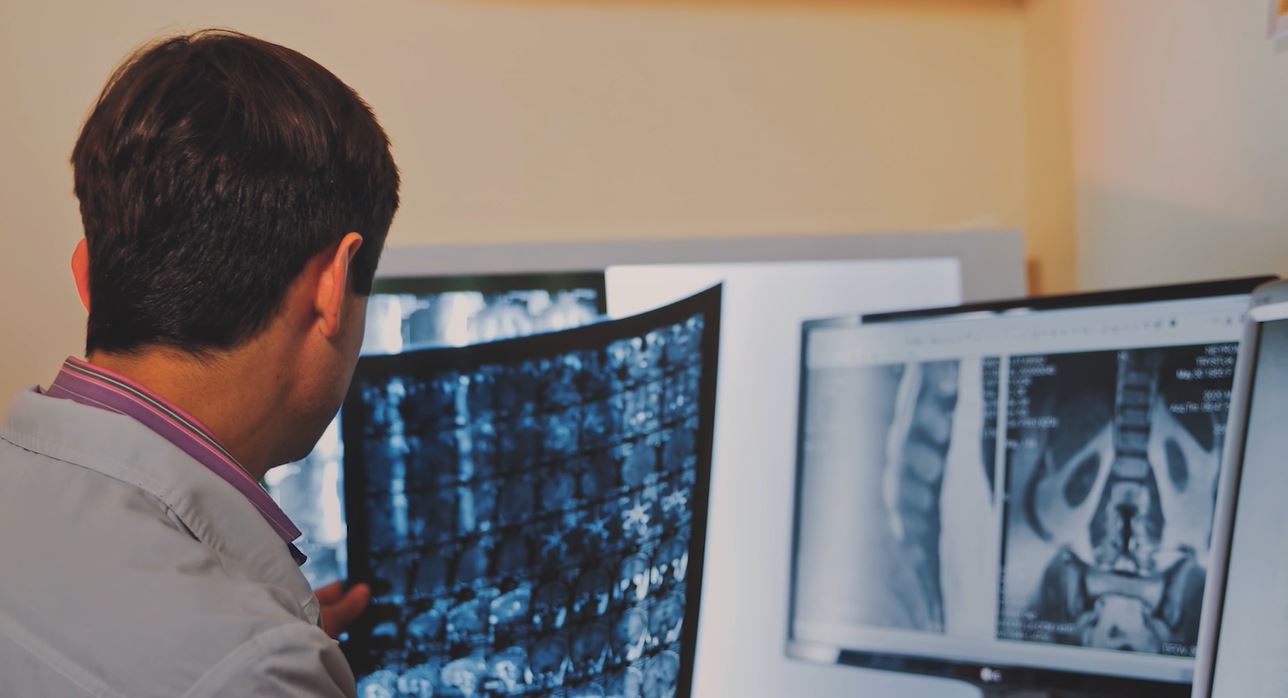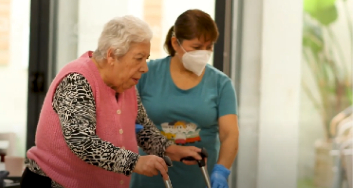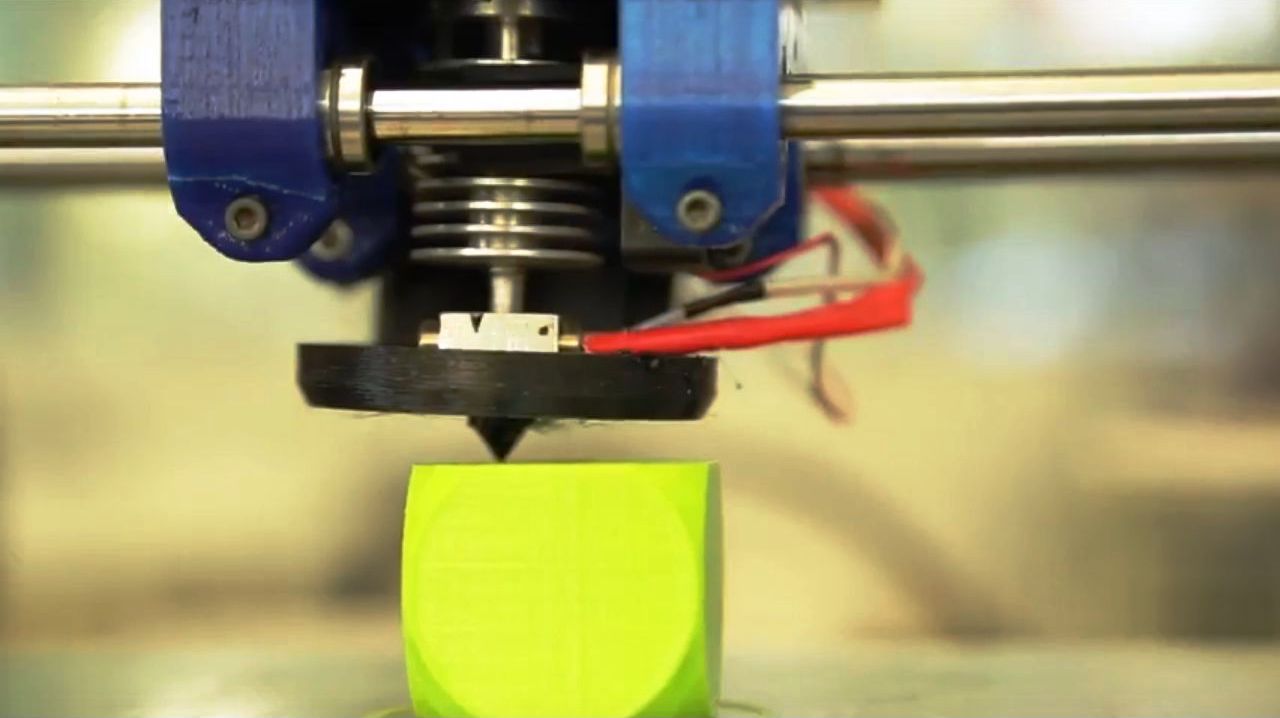
Bioinformaticien
Other denominations
Biostatician, Biometrician, Computational Biologist
Description
Bioinformatics is an interdisciplinary field of knowledge concerned with the application of computer science to the collection, storage, organisation, analysis and exploitation of information relating to biological or medical data. It is characterised by the application of computational technologies and statistics to the management and analysis of biological data, and is the interface between computer science, biomedical sciences, physics and chemistry. In this sense, bioinformatics responds to the need to manage the large volumes of data generated by new technologies such as genomics, proteomics, metabolomics, etc., using tools such as Big Data, among others.
Thus, these professionals apply computer science and information technologies to data processing in the field of biology; computer science, programming languages and large computational infrastructures are the pillars used by these professionals to collect, manage, store and analyse biological data, developing algorithms or mathematical models to extract the maximum knowledge from the data and apply it directly to biological or biomedical challenges. They also use these tools and knowledge to simulate systems of a biological nature, mainly at the molecular level.
Some of the professionals in this field come from a biomedical background, while others specialise in computational tools. These professionals work in different fields of medical and health science, including biology, genetics, proteomics and pharmaceuticals.
Tasks
- Collect and model data to analyse biological phenomena and events: create mathematical models, develop dynamic simulations and perform pattern analysis of biological systems. They also develop algorithms, software, platforms and customised software to analyse biometric data.
- Integrate and exploit a large amount of data and knowledge from experimental studies and databases or related technologies (genomics, transcriptomics, proteomics, physiology, etc.).
- Apply mathematical knowledge, algorithmic principles and computational theories to model and design computer systems.
- Apply statistical and computer models to solve problems in molecular biology, genomics, medical research and population genetics.
- Create systems to collect data: building a survey methodology, designing a clinical trial for a new medication or programming a statistical model.
- Perform quality checking studies of the models described by comparing numerical situations and experimental data.
- Create databases to compile large amounts of information from activities such as gene expression profiling and protein expression.
- Create data algorithms and specialised computer software to identify and classify components of a biological system, such as DNA sequences and proteins.
- Supervise other scientists of their own team of laboratory technicians, maintaining laboratory documentation.
- Keep up to date with new statistical approaches and developments in bioinformatics.
- Write scientific articles for bioinformatics journals and present results at scientific conferences.










 | Catalan | Beginner
| Catalan | Beginner | Catalan | Advanced
| Catalan | Advanced
 Open
Open | English | Beginner
| English | Beginner







